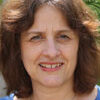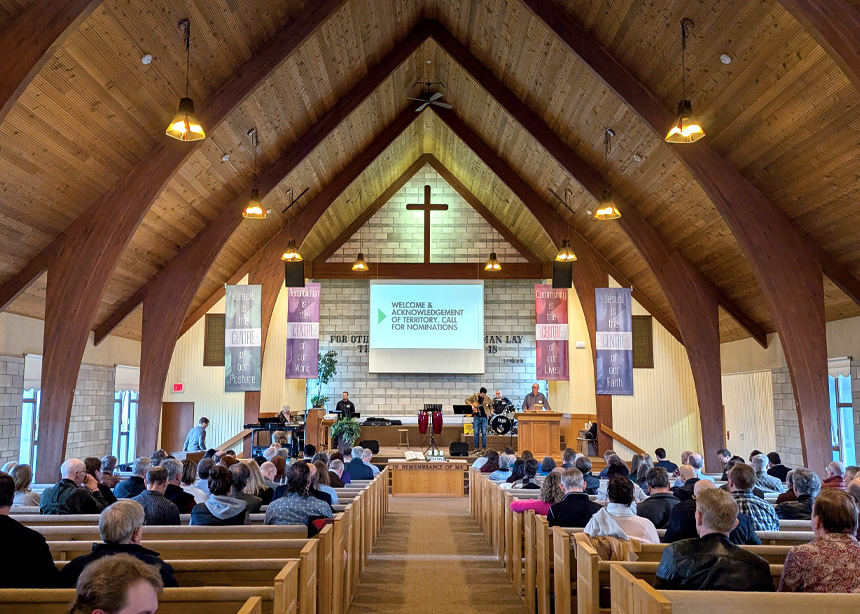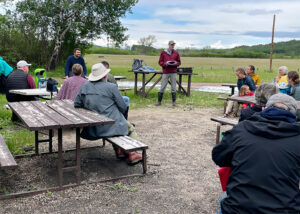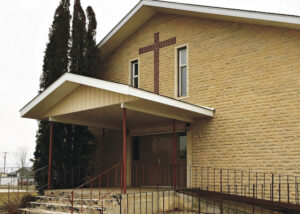Mennonite Church B.C. held its annual general meeting on February 21–22 at Eden Mennonite in Chilliwack, hosted by area churches. The theme was “One New Humanity: Becoming a Church for All People.”
Discussion of business items such as bylaw changes and budget took place in multiple forums before the AGM. First, the MCBC leadership board drafted proposed bylaw changes over the course of five meetings.
The proposals were then brought to two monthly MCBC pastor meetings. Between those meetings, pastors discussed the proposals with their leadership teams. The proposals were reviewed at two church chair/moderator meetings before being distributed to everyone on the MCBC email list.
Finally, MCBC hosted two in-person all-constituent meetings.
“We did the hard work ahead of time. This increased real participation, helping folks to get their voices and thoughts in the mix before the pressure of a vote,” said Shelby Boese, executive minister.
He said items presented at the AGM “had already been debated, improved and changed.”
“Controversy at an AGM usually means we failed to listen, discern and lean into relationships the other 364 days of the year,” said Boese.
The resulting AGM action was to change bylaws to allow two new congregational categories. An “Exploring Congregation” is an existing congregation engaged with the regional church to determine whether joining MCBC would be mutually beneficial.
A “Developing Congregation” is one started and supported by MCBC, such as Valley Road Church of Kelowna.
The AGM also offered opportunity for celebration and envisioning the future. The morning session was devoted to worship and business, in order to “give our best energy of the day to honouring Jesus and then our shared business,” said Boese, instead of voting when people are tired.
The afternoon included break-out workshops before a final shared worship and teaching session. Task groups and main ministry areas provided written and video reports ahead of time while 10 ministry partners had tables with representatives present for conversation rather than making large-group presentations.
In his report, Boese noted that attendance in MCBC churches is up, despite a smaller membership base, and that there were 36 baptisms in 2024.
Mennonite Japanese Christian Fellowship, the smallest MCBC congregation with just 19 members, closed in February.
The deficit for 2024 was much smaller than forecast—$19,700 rather than $121,000—due to increased congregational and individual giving. The deficit was covered with earnings from the Peardonville Fund, according to a three-year agreement approved by delegates last year.
A budget of $868,000 for 2025 was approved.
Of $5.45 million in the Peardonville Fund, 10 per cent has been allocated for Indigenous relations work, 10 per cent for MCBC operations and 80 per cent for revitalization projects. A mix of earnings and principal will be spent over time.
Doug Klassen, executive minister of Mennonite Church Canada, highlighted work in churches across Canada and around the globe.
Fanosie Legesse, intercultural mission minister for Mennonite Church Eastern Canada, spoke at the Friday LEAD conference sessions and a Saturday plenary session about becoming an intercultural church. Legesse said, “I’m here to remind us we are the church of all people. Welcome to the culture of Jesus.”
Tags:
Share this article:
Related articles:







Leave a Reply
You must be logged in to post a comment.